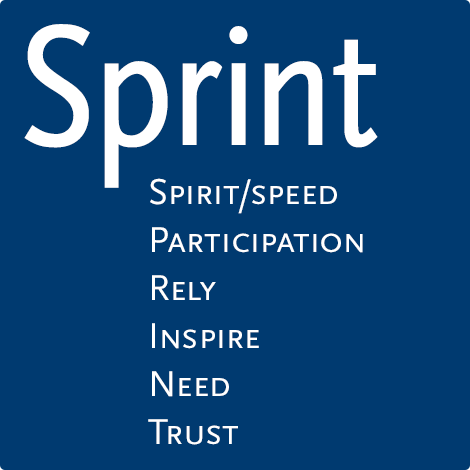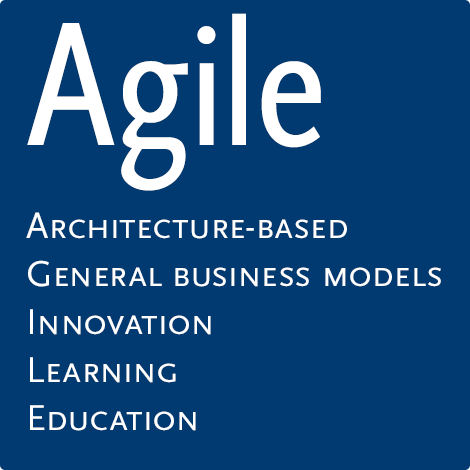A few years ago, longtime CEO and Chairman of Festo, Dr. Dipl.-Ing. Eberhard Veit witnessed the rapid adoption of digitalisation at a personal level, watching consumers eager to welcome the newest technologies and services, but he was frustrated with the reluctance of industry to embrace newly available digital technology tools. “Everybody had smartphones and companies like eBay and Amazon were bringing new business models,” he says. “But why did these transformations not enter industry?”
Today it is vital that both private- and public-sector businesses adopt new technologies in order to stay competitive. In Germany, the government-initiated Industry 4.0 platform seeks to bring government and industry leaders together in order to enhance the global competitiveness of Germany’s industry. Dr. Veit, who is now one of the leaders of Germany’s advisory board overseeing Industry 4.0, spoke to Spencer Stuart about his vision of the leadership required to navigate a digital transformation.
“In order to motivate people to fully adopt a digital culture, and to meet the expectations of customers of the future, the CEO of Industry 4.0 must follow the four C’s behind transformation: culture, content, taking a chance and starting the change,” he says, adding that it is not only the management that must be part of a bold, long-term vision of digitalisation, but the entire organisation.
Involving the whole company

Digital will inevitably permeate the entire corporation, changing the way it runs at every level. CEOs must unite the whole of an organization under a banner of urgency, embodying the spirit and speed of change required. CEOs must create a culture of participation, encouraging the entire company to act in unison and learn to rely on the new digital systems. The CEO must inspire people throughout the organization to align their thinking with new digital operations, to understand how to use the tools, and to see the need for transformation. Finally, everyone in the organization must trust in the new technology and this new way of doing things.
Veit led Festo through its digital transformation in exactly this manner, which provided the foundation for his recommendations for Industry 4.0. These are anchored inspiration by five key elements:

- Architecture: flexible, architecture-based products and components that are collaborative, interconnected and intuitively integrated
- General business models: new ways of making money result from different methods of organizing production and more effective cross-company networking and cooperation
- Innovation: European companies must produce better, more innovative products and services as they are generally more expensive
- Learning: an attitude of lifelong learning and a willingness to acquire new skills
- Education: commitment to building people’s knowledge and enhancing their skills through advanced training programmes
Hiring and training talent
Does moving to digital necessitate a whole new workforce? Veit thinks not. He recommends a mixture of new talent and incumbents, whose success will rely largely on training and education. He underscores that technology alone will do nothing to further the transformation of industry unless people within organisations are given ongoing training, an area that has been largely overlooked. “Last year in Germany, 12.4 billion euros was spent on technology but only 1.2 billion euros on training and education to get people savvy with digital” says Veit. “Management must accelerate in this area and get our people on the right track, as well as support universities and training institutes. 50% of success is technology, but 50% is training and lifelong learning.”
Veit believes that supervisory boards will play a vital role in the transformation of industry. “People on the supervisory board must be focusing on strategy, risks and having the right people in place. They also have to be trained on the new age of digitalisation or Industry 4.0 so that they understand what the management is telling them,” he says. “In turn, the supervisory board will have to trust and rely on management, and this will require a real cultural change.”
Veit has little interest in maintaining legacy models of management or traditional organizational structures. He is determined to transform the way industry operates and to do it quickly. “There isn’t time for a lot of business plans in this new field,” he says.
In the race toward a new era of global reliance on digital in industry, Dr. Eberhard Veit is eager to ensure Germany is one of its front-runners.